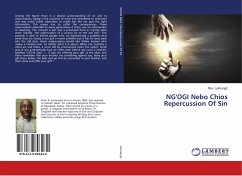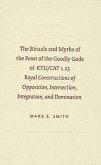Handling moral infringement is complicated and this was as true in antiquity as it is today. Should one retaliate, demand compensation, be merciful, ignore the infringement, or forgive? Thomas Kazen and Rikard Roitto compare how Greeks, Romans, Jews, and Christians in antiquity navigated different ideas, practices, and rituals for moral repair. How did they think about morality and did this affect ideas about moral repair? What practices of moral repair did they use, within and beyond the court? In what different ways did they involve the gods in interpersonal conflicts through ritual? Insights from contemporary research on human behaviour guide the comparative work, since, as the authors argue, human moral behaviour and cognition is the result of both innate and cultural factors.








